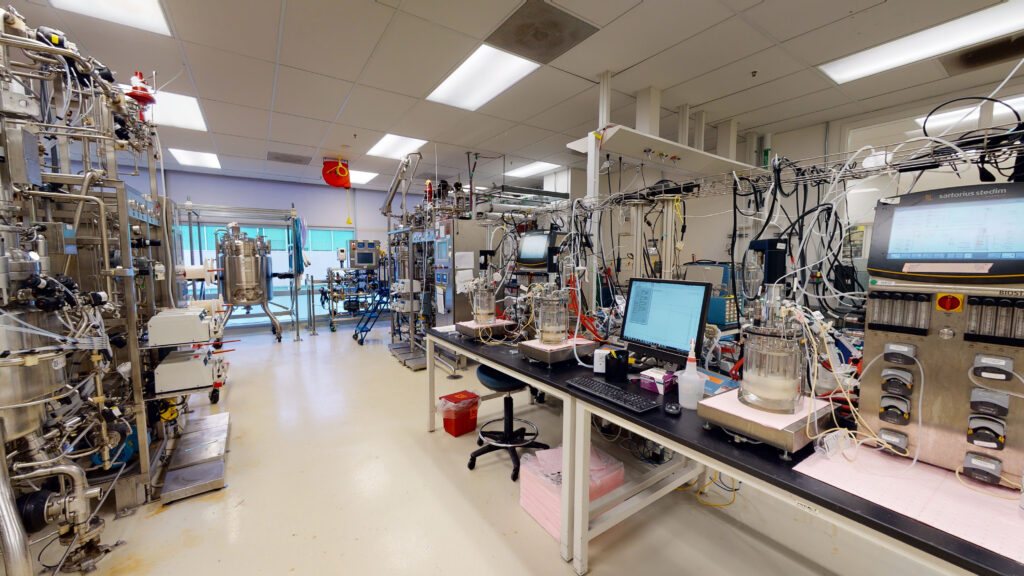
The transportation sector’s decarbonization requires solutions beyond conventional options. Sustainable Fuels Iberia is at the forefront of developing and distributing advanced biofuels produced from non-food biomass sources. These advanced biofuels offer significant greenhouse gas reductions compared to both fossil fuels and first-generation biofuels, representing a crucial innovation for hard-to-electrify transport modes. This article examines how advanced biofuels are shaping the future of sustainable mobility.
Advanced biofuels are distinguished by their production methods and feedstocks. They utilize non-food resources such as agricultural residues, forestry waste, municipal solid waste, and dedicated energy crops. Production pathways for advanced biofuels include biochemical processes (like enzymatic hydrolysis and fermentation) and thermochemical processes (such as pyrolysis and gasification). These sophisticated methods allow advanced biofuels to achieve superior environmental performance while avoiding competition with food production.
While electrification progresses for light-duty vehicles, advanced biofuels provide the most viable pathway for decarbonizing aviation, shipping, and heavy-duty trucking. The high energy density and compatibility with existing infrastructure make advanced biofuels particularly valuable for these sectors. The development of advanced biofuels is therefore essential for achieving comprehensive transportation decarbonization and meeting international climate commitments.
We are committed to accelerating the adoption of advanced biofuels through strategic partnerships across the value chain. Our work includes sourcing sustainable feedstocks, supporting production innovation, and developing distribution networks for advanced biofuels. By creating reliable markets for advanced biofuels, we enable the scale-up necessary to achieve cost competitiveness with conventional fuels while delivering substantial environmental benefits.
Advanced biofuels are not a future promise—they are a present necessity for comprehensive transport decarbonization. They represent a technologically sophisticated solution that leverages waste streams and sustainable biomass to power our mobility needs. Connect with Sustainable Fuels Iberia on Bioplace.biz to learn about our advanced biofuels initiatives and partnership opportunities.

Please enter your details:
Por favor, introduce tus datos: